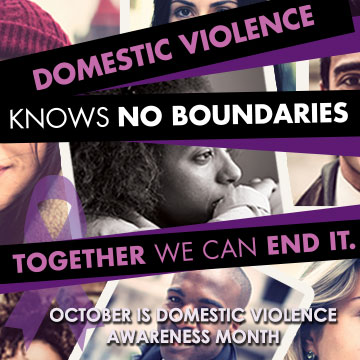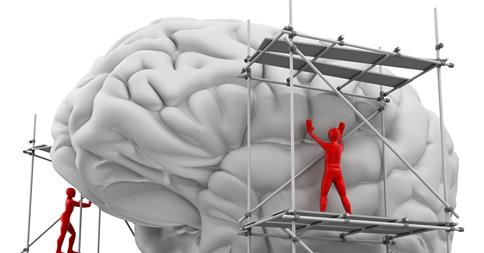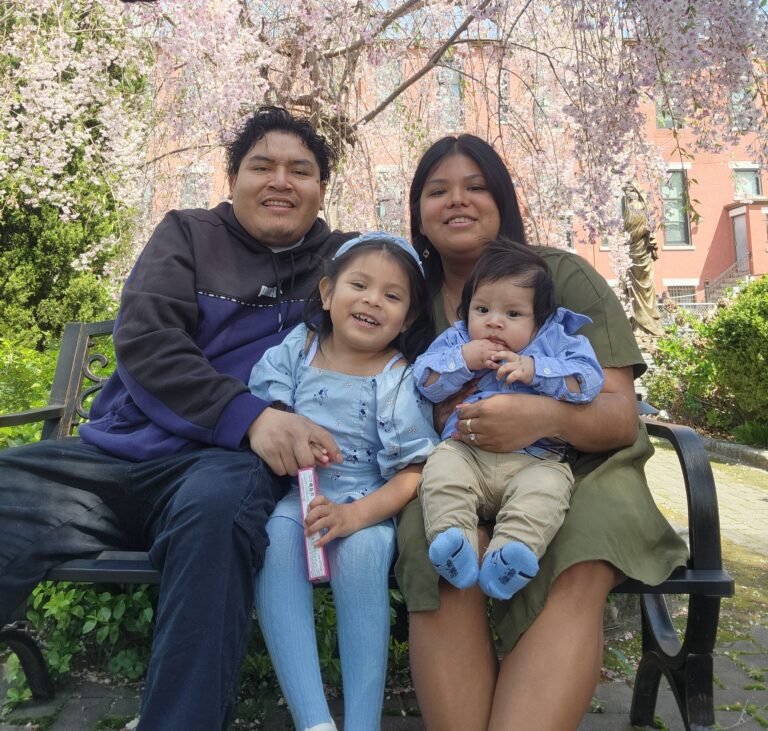 We seem to talk about mental health only following a massive tragedy, like the community shootings we’ve all grown too accustomed to seeing—and even then, we only talk about it for a day or so. And doesn’t it seem like you never hear about any changes following the media frenzy about behavioral health needs? Yet for all this silence, around one in five Americans experiences a mental health problem in a given year. That’s a big number—more than 43 million people.
We seem to talk about mental health only following a massive tragedy, like the community shootings we’ve all grown too accustomed to seeing—and even then, we only talk about it for a day or so. And doesn’t it seem like you never hear about any changes following the media frenzy about behavioral health needs? Yet for all this silence, around one in five Americans experiences a mental health problem in a given year. That’s a big number—more than 43 million people.
Tag Archives: mental health
Multisystemic Therapy: Doing Whatever It Takes to Help Teens
 Multisystemic Therapy (MST) Services, an organization dedicated to breaking the cycle of criminal behavior, announced the latest “Whatever It Takes” Winners, and we’re proud they recognized the dedication of two Child Center team members, Keecha McKinnon and Mariana Peralta.
Multisystemic Therapy (MST) Services, an organization dedicated to breaking the cycle of criminal behavior, announced the latest “Whatever It Takes” Winners, and we’re proud they recognized the dedication of two Child Center team members, Keecha McKinnon and Mariana Peralta.
Multisystemic therapists support young people ages 12 to 17 who have a long history of arrests by addressing all environmental systems that impact them—their homes and families, schools and teachers, neighborhood and friends.
Keecha has been a multisystemic therapist with The Child Center for three years. She is known for going out of her way to accommodate and go the extra mile to provide care to teens. Often described by her clients as genuine and extremely nurturing, she has been especially successful at connecting with the male population.
Continue reading
Domestic Violence Awareness Month: How to Recognize Trauma and How to Help
Domestic violence is one of the most traumatizing events a child can experience, and each year 3.3 million children witness domestic violence assaults. They are domestic violence’s hidden victims. Unable to turn to their parents for help, these children often struggle in silence, alone with their fear and trauma.
 But if we are alert to the signs of this trauma in children, we can help ensure their safety and help them recover. The Child Center responded to over 1000 domestic violence cases last year in which children’s safety was threatened. When children live in a domestic violence situation, they are at high risk for both emotional and physical harm, including injury from thrown objects or when a child intervenes to protect the abused parent. Adequate safety planning can keep children safe.
But if we are alert to the signs of this trauma in children, we can help ensure their safety and help them recover. The Child Center responded to over 1000 domestic violence cases last year in which children’s safety was threatened. When children live in a domestic violence situation, they are at high risk for both emotional and physical harm, including injury from thrown objects or when a child intervenes to protect the abused parent. Adequate safety planning can keep children safe.
To help identify children who might be suffering from trauma, here are some common behaviors and ways to help.
Newborns and toddlers: Even newborns and toddlers can feel the stress in their environment and have sleep and eating disturbances. Children under five can be fearful or uncertain as they respond to their environment, and they may throw tantrums or mimic the abuser’s behaviors. Nervous habits can also begin around this time, such as thumb sucking or rocking.
How to help: Parents and caregivers can help by helping the child to name his feelings, give all of the empathy and reassurance they can, and keep the children close to their family support system. It’s also important to give children choices so they know that they still have a measure of control over their own lives. Continue reading
Mental Illness Can Touch Anyone: Help Should Reach Everyone, Too
 After comedian Robin Williams died, we asked how someone with access to the best help in the world wasn’t able to find what he needed. Boston Globe columnist Kevin Cullen noted that for Williams, money was no barrier to the best possible care. So what’s the verdict for ordinary people who are trying to find the help they need? “Accessing mental health care is getting harder, not easier,” Cullen wrote. “It’s getting more expensive for families, not less.”
After comedian Robin Williams died, we asked how someone with access to the best help in the world wasn’t able to find what he needed. Boston Globe columnist Kevin Cullen noted that for Williams, money was no barrier to the best possible care. So what’s the verdict for ordinary people who are trying to find the help they need? “Accessing mental health care is getting harder, not easier,” Cullen wrote. “It’s getting more expensive for families, not less.”
For a select group of our country’s youth, the Affordable Care Act is good news. A recent study found that more young people are getting the mental health care and substance abuse treatment they need, thanks to the change allowing them to stay on their parents’ insurance until age 26. This is excellent progress. But what about teens and young adults who have few resources, whose parents are uninsured and dealing with their own mental health needs? Cuts in mental health funding mean that these young people are less likely to have access to mental health care–and also that they are more likely to need it.
When we fail to treat childhood trauma, we pay for it later on, in tragic mental illness and costly health problems that perpetuate the cycle of childhood trauma for the next generation. Continue reading
Remembering Robin Williams and Renewing Our Commitment to Care
 When the media broke the news of Robin Williams’ death, it was shocking to realize that someone who gave people so much joy was experiencing such pain. He was loved and revered by people he’d never met—a man who had every success and a family who loved him but who still felt unable to reach for the help that he needed. His loss is devastating, and it’s a fresh reminder that people all around us are struggling, without access to the resources and care that could help them survive.
When the media broke the news of Robin Williams’ death, it was shocking to realize that someone who gave people so much joy was experiencing such pain. He was loved and revered by people he’d never met—a man who had every success and a family who loved him but who still felt unable to reach for the help that he needed. His loss is devastating, and it’s a fresh reminder that people all around us are struggling, without access to the resources and care that could help them survive.
Robin Williams was not alone. 1.1 million people attempt suicide each year, and 39,000 people take their own lives. One in five Americans suffered from a mental illness in the last year, but only 39 percent of them were able to get mental health services. We must erase the stigma that prevents people from getting help, and we must make sure that everyone seeking help has access to the care they need. Continue reading






You must be logged in to post a comment.